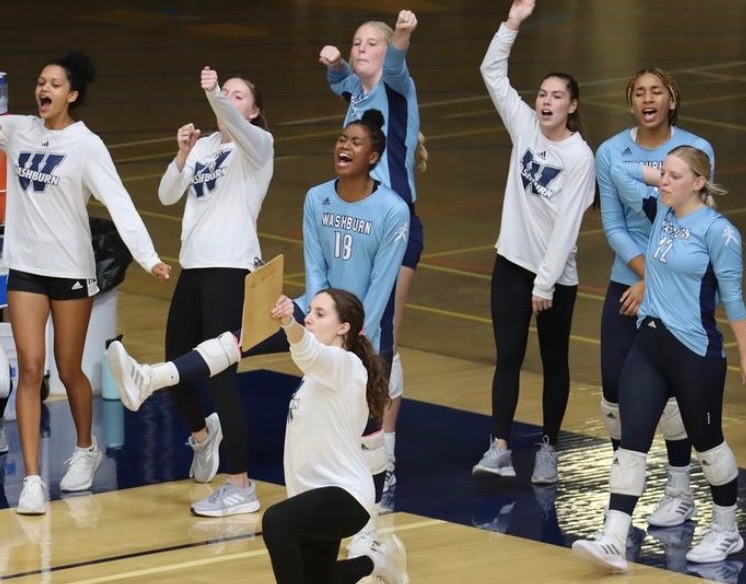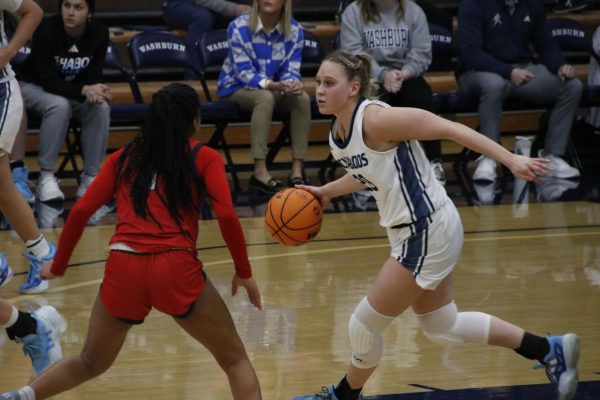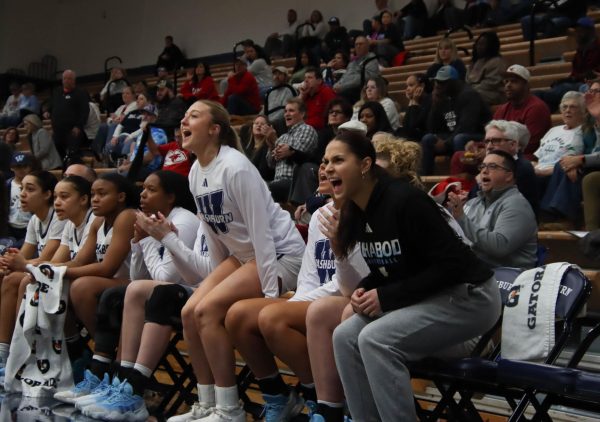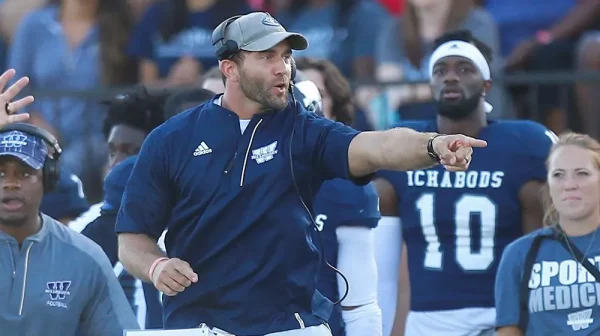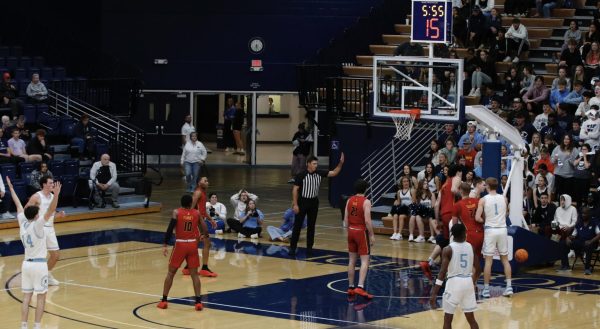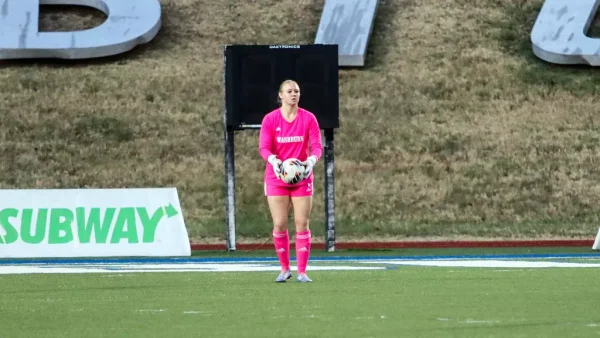App serves up mental health
Washburn volleyball isn’t just preparing for physical shape, but coaches also find ways to help athletes prepare mentally to tackle the upcoming season. Having great mental during sports is very important because with a strong mind, you can overcome fears and push yourself harder during tough times.
NeuroFuel is a new app that provides athletes with the content, structure and schedule for mental strength training. Creighton University women’s volleyball head coach, Kirsten Bernthal Booth, and the team’s sports psychiatrist, Dr. Larry Widman, have made mental health a priority for the team for many years. When everything was shut down due to COVID-19, Booth, and Widman wanted to have their athletes maintain consistent, daily mental strength training. Booth created an app that will effectively strengthen athletes.
“Mental health is essential in not only athletics but also in all aspects of life. Without good mental health, life can get lonely and dangerous very fast,” assistant volleyball coach and former Washburn University volleyball player, Shayla Conner said.
After looking through a couple of exercises and apps to help her players, she came across NeuroFuel.
“Seeing that a former volleyball player and head coach created this app boosted my interest because she understands what it’s like to be in my players’ shoes,” Conner said.
NeuroFuel has many sections within the app to strengthen different aspects of the mind. There is visualization, deep breathing, mindfulness, gratitude, smart goal setting and positive self-talk that the athletes can use.
“Female athletes show higher anxiety traits than males, which holds them back from performing at maximum level,” said Kolten Schulte the athletic trainer at Washburn.
According to NeuroFuel’s website, athletes can develop all the skills for the sport but without the mental tenacity for the game, their chances of competing at the highest-level drop. Science and research have proven that the mind can be trained in ways that lead to commitment, confidence, composure, and concentration. These are the ingredients of high performance, as well as cornerstones of mental well-being according to its website (neuro-fuel.com).
Corinna McMullen was a freshman setter for the fall ’22 season. McMullen had big responsibilities and many eyes on her because she had to perform at a high level. McMullen was pushed harder and harder every day by coaches, teammates and even herself.
She found herself mentally exhausted after her first semester of volleyball. McMullen has been using the app four times a week before every lift and after practice for about two months straight. She has seen huge changes in her mental health on the court and even off the court.
“During every session, the voice will also remind you to thank yourself and the true importance and credibility you owe yourself, which is something athletes struggle to do every day,” McMullen said.
“I have learned how to be more mindful of where I am and to focus more on the present instead of the past,” senior Washburn volleyball player, Taryn Pridgett said.
Pridgett had a hard time getting into the software because of all the things she must do within a day. When she was introduced to the software, she wasn’t fully committed to thinking it was going to work. After trusting her coach and doing the sessions, she found herself loving how both deep breathing and positive self-talk have been very beneficial.
“To be honest I hated it at first because it was taking time out of my day when I could be doing something else. When I decided to fully commit to it, I was finding myself in an uncomfortable situation, I would focus on my breathing to calm myself down to focus on the task at hand. I have also learned to talk to myself in a way that I would want others to talk to me and I find myself being my biggest motivator and support system in times when I am becoming very frustrated and overwhelmed. I highly recommend this app to anyone who wants to improve their mental health,” Pridgett said.
Your donation will support the student journalists of Washburn University. Your contribution will allow us to purchase equipment and cover our annual website hosting costs.




